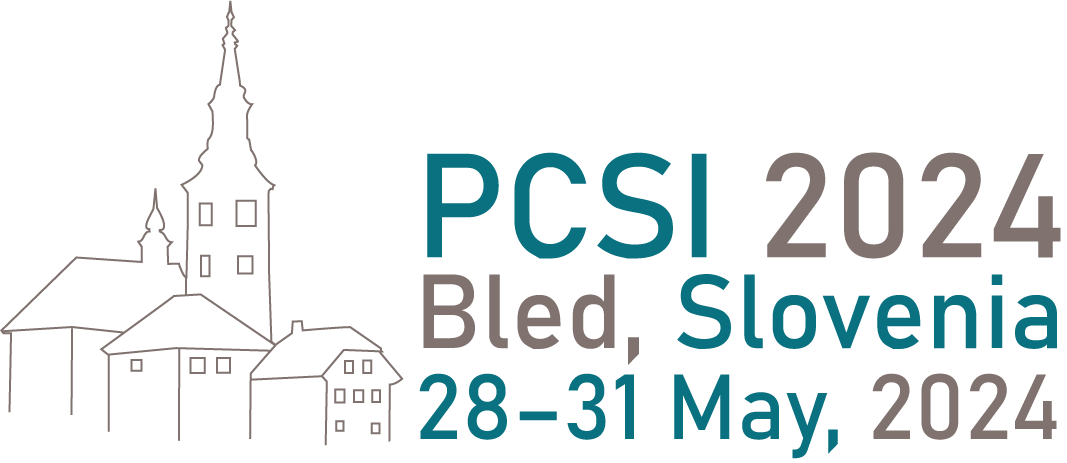About
About
Information about Zavod za Zdravstveno Savarovanje Slovenije (ZZZS)
ZZZS, known in English as the Health Insurance Institute of Slovenia, is the only provider of compulsory health insurance in Slovenia.
Established in 1992, ZZZS plays a vital role in ensuring access to healthcare services for the residents of Slovenia. It operates as a public non-profit organization, funded through compulsory health insurance contributions from employed individuals, self-employed persons, and the state budget.
The Institute’s principal task is to provide effective collection (mobilisation) and distribution (allocation) of public funds, in order to ensure the insured persons quality rights arising from the said funds. It collaborates with healthcare providers, healthcare professionals, and other relevant institutions, to ensure the efficient and effective delivery of healthcare services to the insured population.
ZZZS is responsible for reimbursing healthcare costs, both for primary healthcare services provided by general practitioners and specialist services provided by hospitals and other healthcare facilities. It establishes reimbursement rates, negotiates contracts with healthcare providers, and oversees the financial aspects of healthcare provision.
It works closely with the Ministry of Health and other relevant authorities to shape healthcare policies, improve healthcare quality, and promote the sustainability of the Slovenian healthcare system.
ZZZS also plays an essential role in the collection and analysis of healthcare data. It gathers information on healthcare utilization, costs, and outcomes, which contributes to evidence-based decision-making, health planning, and healthcare research. This data also supports the implementation and evaluation of patient classification systems to enhance the efficiency and effectiveness of healthcare delivery.
Information about the Patient Classification Systems International (PCSI)
The PCSI is involved in researching, developing, and using patient classification systems, commonly known as casemix systems. The PCSI was founded in 1987 in Lisbon, Portugal, with an initial focus on Diagnosis Related Groups (DRGs). Its scope has expanded over the years to encompass other care types, settings, and applications beyond funding.
The primary objective of the PCSI is to foster collaboration, knowledge exchange, and advancement in the field of patient classification systems. By bringing together researchers, developers, and users from around the world, the PCSI promotes the development and use of effective and efficient casemix systems. These systems play a vital role in categorizing patients into groups with similar clinical characteristics and resource needs, enabling fair reimbursement, quality assessment, and performance evaluation in healthcare.
The PCSI serves as a global platform for sharing best practices, research findings, and innovative approaches to casemix systems. Through conferences, seminars, workshops, and publications, the PCSI facilitates dialogue and collaboration among experts in the field, promoting continuous learning and improvement.
As the only worldwide organization dedicated to addressing casemix issues, the PCSI plays a pivotal role in driving the science of “grouping patients.” By stimulating the use and refinement of patient classification systems, the PCSI contributes to enhancing the efficiency, quality, and value of healthcare services worldwide. Our work extends beyond the financial aspects of funding and encompasses the broader applications and implications of casemix in healthcare delivery and management.
The PCSI’s impact is far-reaching, as its initiatives and contributions influence policy decisions, research endeavors, and practical implementations of casemix systems across various healthcare settings. By fostering collaboration and knowledge sharing, the PCSI has become a catalyst for positive change in the field, continually striving to improve patient care, resource allocation, and healthcare outcomes.
Through its longstanding commitment to advancing casemix science and its global network of dedicated professionals, the PCSI remains at the forefront of shaping the future of patient classification systems, promoting excellence in healthcare delivery, and ultimately improving patient care and outcomes around the world.
Information about Nordic Casemix Centre (NCC)
The NCC is an organization that serves as a regional hub for collaboration, knowledge exchange, and advancement in the field of patient classification systems and focuses on the development, and maintenance of NordDRG in the Nordic countries.
The NCC was established to address the specific needs and challenges faced by the Nordic countries in healthcare financing and resource allocation. It aims to foster the use of NordDRG system as a tool for fair and transparent reimbursement, performance measurement, and quality improvement in healthcare.
The NCC collaborates closely with healthcare authorities, institutions, and professionals across the Nordic region to develop standardized casemix systems that accurately reflect patient complexity and resource utilization. By promoting a common understanding and approach to casemix, the NCC facilitates the comparability of data and benchmarking across different healthcare organizations and regions.
One of the key activities of the NCC is research and development in the field of casemix in collaboration with countries using the NordDRG system. The NCC also collaborates with international partners and participates in global initiatives to contribute to the advancement of casemix science and its applications.
Furthermore, the NCC serves as a platform for knowledge exchange and collaboration. It organizes regular events, bringing together experts, practitioners, and researchers to share experiences, best practices, and innovations in the field of casemix. Through these events, the NCC facilitates networking, capacity building and collaboration, fostering a vibrant community of professionals dedicated to advancing casemix systems in the Nordic region.
The work of the NCC has had a significant impact on healthcare financing, management, and quality improvement in the Nordic countries. By promoting the use of casemix systems, the NCC has contributed to greater transparency, fairness, and efficiency in resource allocation and reimbursement. Its efforts have helped healthcare organizations improve their understanding of patient complexity and allocate resources based on actual patient needs.
